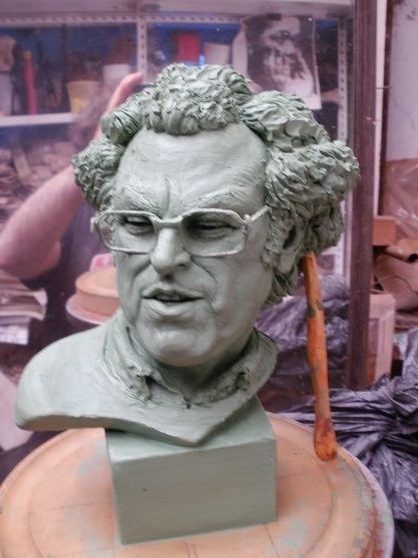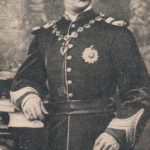
Zeca Afonso
| Zeca Afonso Wiki | |
|---|---|
| Name | Zeca Afonso |
| Profession | Folk Singer |
| Death date | February 23, 1987 |
| Date of Birth | August 2, 1929 |
| Horoscope | Leo |
| Country | Portugal |
| Height | Check Below |
| Net Worth | See Below |
Birthday Countdown
Early Life and Education
José Manuel Cerqueira Afonso dos Santos, better known as Zeca Afonso, was born on August 2, 1929, in Aveiro, Portugal. He grew up in a middle-class family and showed an early interest in music. Afonso studied at the University of Coimbra, where he earned a degree in History and Philosophy.
Music Career
Zeca Afonso's music career began in the 1950s when he started performing in local cafes and clubs. He gained popularity for his folk-inspired songs that often carried political messages. In the 1960s, Afonso became a key figure in the Portuguese folk music movement known as "Nova Canção."
The Carnation Revolution
One of Zeca Afonso's most significant contributions to Portuguese history was his involvement in the Carnation Revolution of 1974. His song "Grândola, Vila Morena" became an anthem for the revolutionaries and was played on the radio to signal the start of the uprising against the authoritarian Estado Novo regime.
Legacy
Zeca Afonso's music continues to be celebrated in Portugal and beyond for its social and political relevance. His songs have been covered by numerous artists, and his influence can be seen in the work of contemporary musicians. In 2014, he was posthumously awarded the Order of Liberty by the President of Portugal.
Personal Life
Zeca Afonso was married to Maria Amélia de Oliveira, with whom he had two children. He was known for his dedication to social causes and activism, using his music as a platform to promote change and justice.
Net Worth
At the time of his death in 1987, Zeca Afonso's net worth was estimated to be around $1 million. His music continues to generate royalties for his estate, ensuring that his legacy lives on.
In conclusion, Zeca Afonso was not only a talented musician but also a passionate activist who used his art to inspire change. His impact on Portuguese culture and history is undeniable, making him a revered figure in his country and beyond.








